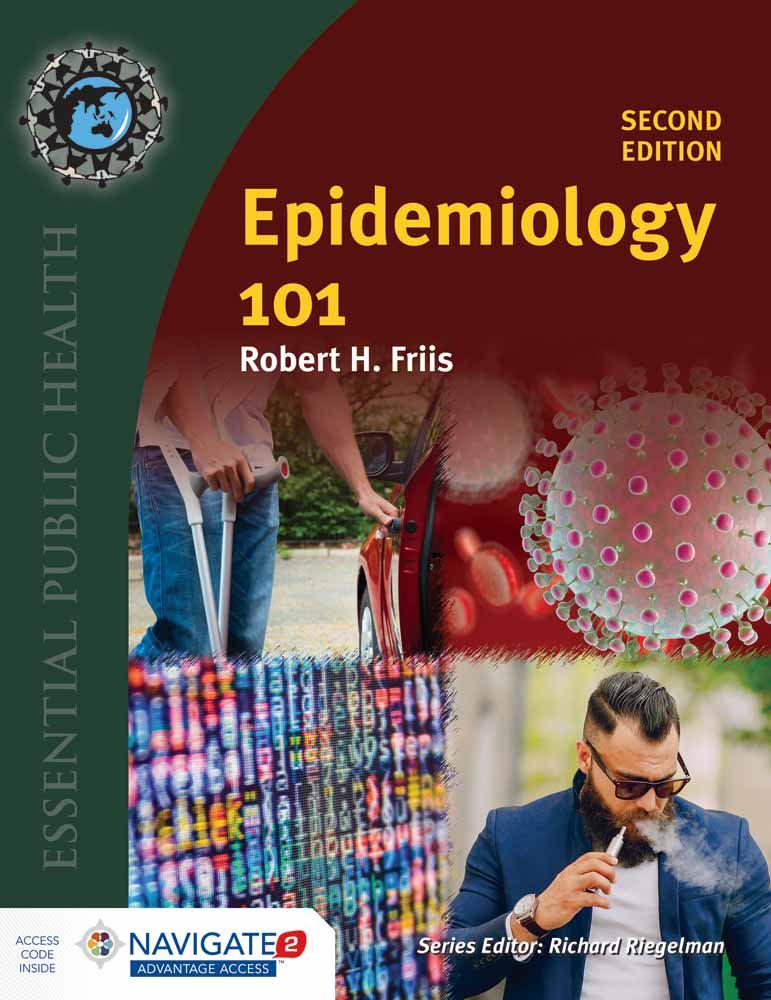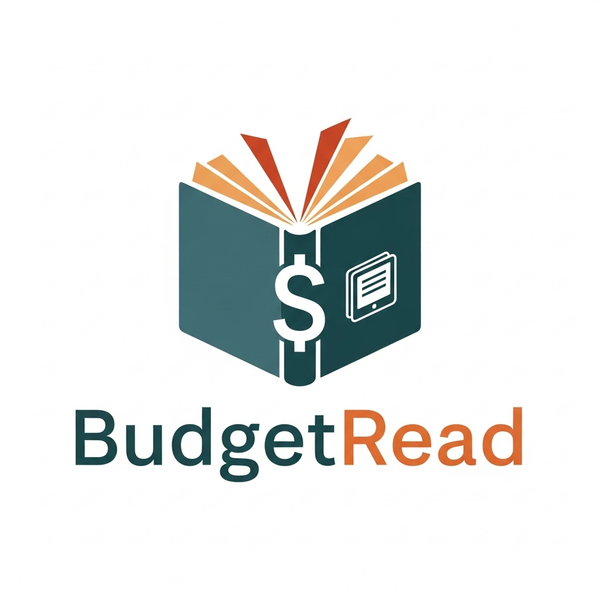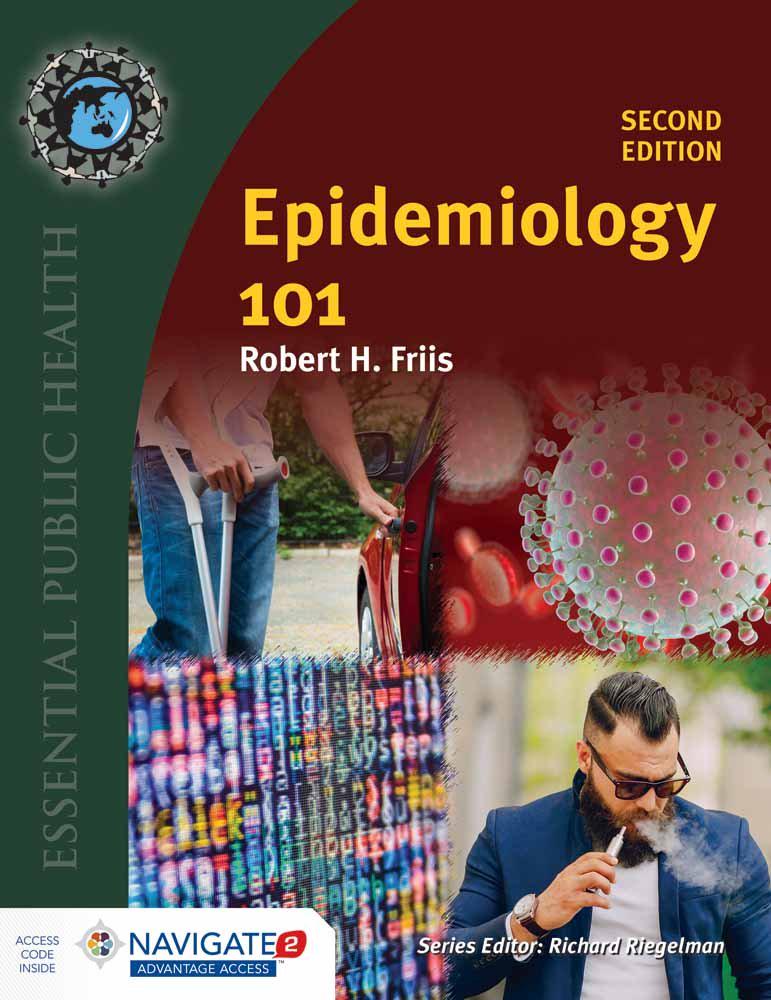1
/
of
1
My Store
Epidemiology 101: Essential Public Health 2nd Edition Robert H. Friis | Ebook PDF Instant Access
Epidemiology 101: Essential Public Health 2nd Edition Robert H. Friis | Ebook PDF Instant Access
Regular price
$4.99 USD
Regular price
Sale price
$4.99 USD
Quantity
Couldn't load pickup availability
Epidemiology 101: . (Essential Public Health) 2nd Edition
by Robert H. Friis
Product details
Publisher : Jones & Bartlett Learning
Publication date : March 16, 2017
Edition : 2nd
Language : English
Print length : 298 pages
ISBN-10 : 128410785X
ISBN-13 : 978-1284107852
This textbook, "Epidemiology 101, Second Edition" by Robert H. Friis, introduces the fundamental concepts of epidemiology, presenting it as a scientific way of thinking applicable across various fields, including basic and clinical sciences and public policy. It aims to provide an undergraduate overview of epidemiology, particularly for public health majors and minors, and students preparing for exams like the MCAT.
The book emphasizes the interdisciplinary nature of epidemiology, drawing from mathematics, history, sociology, demography, behavioral sciences, and law. It highlights the use of the scientific method, critical thinking skills, quantitative methods, and communication skills in epidemiology.
The text covers:
History, Philosophy, and Uses of Epidemiology: Tracing the origins of epidemiology from classical antiquity (Hippocrates) through the Middle Ages (Black Death), Renaissance (Paracelsus, John Graunt), and the 18th and 19th centuries (Ramazzini, Sir Percival Pott, Edward Jenner, John Snow, William Farr, Robert Koch). It then moves to the early 20th century (1918 influenza pandemic, discovery of penicillin) and the contemporary era (Framingham Study, Epidemic Intelligence Service, smoking and health, smallpox eradication).
Key Epidemiologic Concepts: Defining terms like "epidemic," "pandemic," "population focus," "distribution," "determinants," "exposures," "outcomes," and "quantification."
Descriptive and Analytic Methods: Explaining descriptive epidemiology (characterizing health and disease by person, place, and time) and analytic epidemiology (examining causal hypotheses, often through "natural experiments").
Current Applications of Epidemiology: Discussing its uses in studying the history of population health, diagnosing community health, evaluating health services (operations research, disease management), assessing risk, and searching for causes of health and disease.
The second edition includes new chapters on data analysis and display, and screening tests within the natural history of disease. It also incorporates current topics such as "big data," Zika virus disease, and electronic cigarettes. The book aims to be accessible to students without extensive backgrounds in health or biostatistics, incorporating case studies, text boxes, and illustrations to engage readers.
Share


